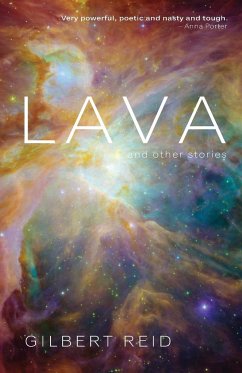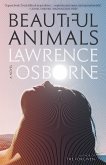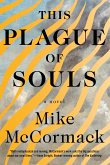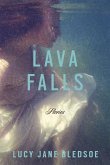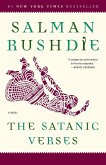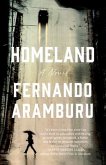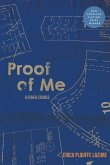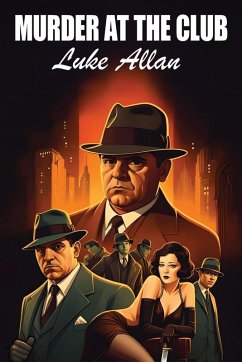LAVA AND OTHER STORIES anatomizes desire, death, and fracturing sexual identities. In the first section of the book, La Dolce Vita, the title story "Lava" ushers us into a sultry night of sex, nihilism, and transcendence. It is the eve of a prestigious film festival in Taormina, an ancient Sicilian hilltop seaside town, a renowned sexual and gay paradise, once frequented by Nietzsche, Goethe, and D H. Lawrence. Etna erupts. In the smoky Sicilian night, a 10-mile-long string of lava glows like an insidious worm. A drunk journalist, spiraling towards nihilistic self-annihilation, argues Zen metaphysics with an 11-year-old girl - she is life, hope, the temptation of redemption. A blond French film star plunges into shamanistic sexual abandon. A renowned aging gay playwright pirouettes his jaded cynicism before a handsome young man. "You are a worm, an embryo, nothing more!" The young man shatters into a firestorm of sexualities, a polymorphous vortex, a tapestry of lust. An adulterous couple pushes passion to its limits, flirting with the end of their affair. In "That was the Summer That" sex spins like a merry-go-round: a group of young women spends a steamy Roman summer trading sex partners like baubles, while around them terrorists murder, maim, and kidnap. In "Hi, I'm back!" a jaded screenwriter returns to a Roman beach, remembers a beautiful woman, a failed love affair, and an idyllic winter in an isolated farmhouse on a sleepy canal between Rome and the sea. Glimpsing a stranger in the twilight, he wonders if he can reignite the passions of yesteryear. The second section of the book, Shattered, tells of broken lives, emptied out human shells, the husks left behind. In "It must have been the Rain," the childlike hulking inmate of an insane asylum, who has no idea a fellow inmate loves him, catches a glimpse of the toxic murderous man he once was. In "A Universe of Smiles," a cynical Hollywood producer - a virtuoso of charm - relives the moment he shattered the love of his life. Now, he yearns for a new, impossible love. In "What Time is it on the Moon," a man sits with his son in a cafe at twilight. There is nothing to say. It is impossible to communicate with a child. Having lost the child he once was, this father has lost himself; when you lose yourself, you lose everyone else too. In "Blossoms" a paralyzed, dying man observes a woman drinking coffee on a rooftop terrace. Dreaming of the rich sensuality of life, he weaves fantasies around the unknown woman who has no idea he exists. In "Now We Dance" a young girl confronts the death of her friend, the daughter of the man her mother was about to marry: What is left when the living person is gone? In "Like an Angel," a young man - a powerful bomb in his backpack - boards a rural commuter train in the English countryside and gazes at the passengers as the train hurdles towards the climactic moment which will occur in a tunnel - where, as the imam explained, the blast will be total, there will be no survivors. In the final story, "I Hate Hats," the narrator reflects on the tragic destiny which will one day overtake him. One day, like his father, he will be bald, and "not have a curl to his name." Life is tragic. There are so many ways to fail at that continuous unending exam which is life - so many ways to fail to fully live - and many of them are cataloged in Lava and Other Stories.
Bitte wählen Sie Ihr Anliegen aus.
Rechnungen
Retourenschein anfordern
Bestellstatus
Storno

